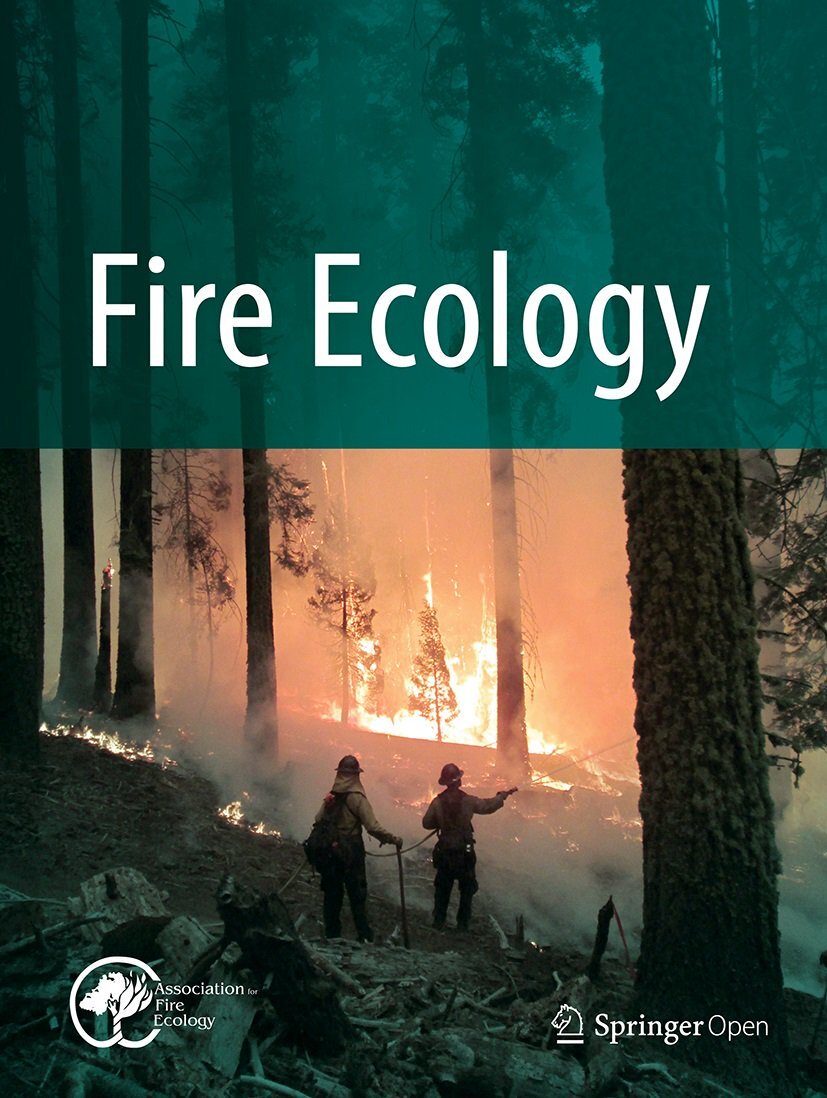February 4th, 2025 at 1pm EST
Fire exclusion was first implemented across large areas of California and other areas of western North America in the late 19th or early 20th centuries but few studies have investigated how forests in the early decades after this decision were impacted. Jeffrey pine-mixed conifer forests of northern Baja California, Mexico, offer an area where this can be examined since fire suppression did not begin until the early 1970’s. We use repeated forest and fuel measurements taken over a 25-year period (1998–2023) and found significant changes in forest structure and fuel loads (increased tree density, fine fuel loads, large fuel loads, snag density, snag basal area) that together clearly demonstrate the cumulative effects of fire removal. Interestingly, Jeffrey pine became more dominant despite the lack of recent fire, which is counter to the shift towards more shade-tolerant tree species observed in many other fire-suppressed, frequent-fire forests in the western US. Although these changes in Baja California forests point towards increased fire hazard, they are still in relatively low hazard conditions compared to long-fire suppressed forests in the western US. Prescribed fire or managed wildfire could easily be applied to counter the increased fuel loads and tree densities detected in this work, without the need for mechanical manipulation. In addition to maintaining resilient forests, using fire will reduce the risk of losing the large as tronomical observatory at this site to wildfire. Restoration and stewardship of resilient forest structures similar to those in Baja California is the only way forward to conserve similar forests of the Sierra Nevada, southern California mountains, and elsewhere in the western US.
Presented by: Professor Scott Stephens
Scott Stephens is interested in the interactions of wildland fire and ecosystems. This includes how prehistoric fires once interacted with ecosystems, how current wildland fires are affecting ecosystems, and how future fires and management will influence people and ecosystems. He is also interested in wildland fire and forest policy and how it can be improved to meet the challenges of the coming decades, both nationally and internationally. Working with Indigenous partners to learn how to steward ecosystems into the future with climate change is a key area of research.
Stephens has given testimony on fire and forest policy at the US House of Representatives, the White House, California Assembly and Senate, California Governor’s office, and recently severed on the 2024 US Wildfire Commission. He is on the Board of Directors of the Climate Wildfire Institute and is one of the leaders of The Stewardship Project which is a partnership of Indigenous people and western science to improve federal fire policy.



